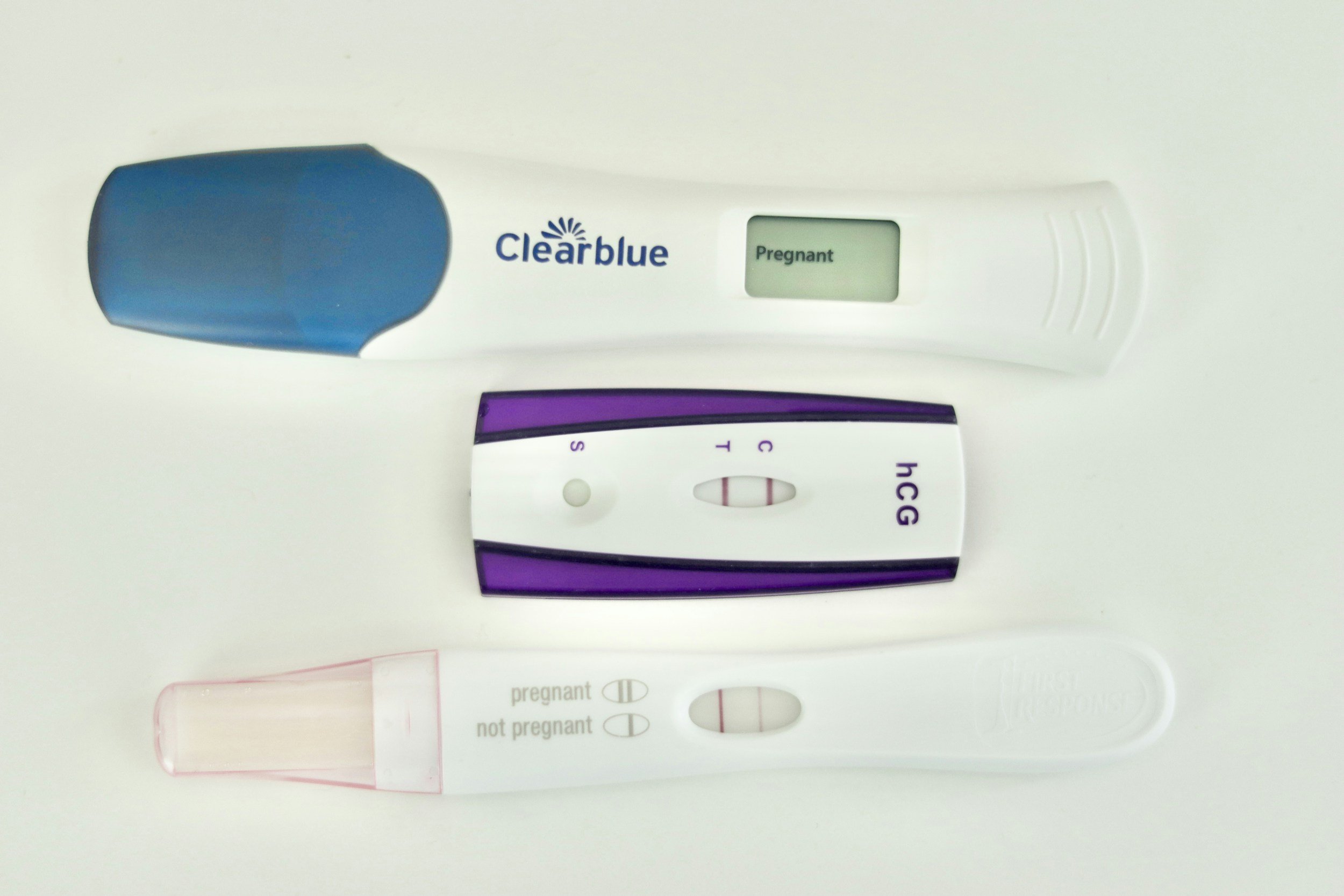Pregnancy After Loss: How Do You Let Yourself Believe It’s Real?
You are pregnant, but this isn’t your first time seeing those two pink lines. Maybe you’ve been here before. Maybe you’ve made it to the second trimester, or maybe to delivery day, and left the hospital without a baby in your arms.
Now here you are again. Pregnant. Cautiously optimistic. Petrified. And despite what the calendar says, the trimester you are in or how many “everything looks great" ultrasounds you’ve had, it’s still hard to believe this might end differently.
Navigating Anxiety During Pregnancy After Loss
You might find yourself searching Google questioning every symptom. Counting kicks obsessively or checking the heartbeat with a doppler multiple times per day. You might avoid buying baby clothes or setting up the nursery. Maybe you started setting up the nursery, and that terrified you too.
This isn’t irrational, it’s protective. It’s your brain saying, Last time hurt. Let’s be prepared.
But the thing is, you can’t prepare your way out of grief. And anxiety doesn’t keep you safer. It just keeps you from fully being present.
When It’s Hard to Trust This Pregnancy
Even into the third trimester, expecting moms have told me they are waiting for the other shoe to drop. They don’t trust their body. They double and triple check their baby’s movements. They panic when they forgot their prenatal vitamin or they gave in to that much-needed cup of coffee.
If that sounds like you, please know this - you didn’t cause your loss. And you're not going to “mess up” this pregnancy either.
Tips for Coping With Pregnancy After Loss
You don’t need to pretend that everything is okay. But you do deserve support as you carry all this:
Ground yourself before appointments. Bring a calming scent (lavender, peppermint, etc) to engage your senses. Listen to a playlist you love. Take 3 deep, intentional breaths. Bring a support person if you can. Plan something nourishing afterward - a walk, meeting a friend for tea. These small rituals can help your nervous system shift out of flight or flight.
Reduce self-monitoring spirals. If using a home doppler gives you peace of mind, that’s okay. If using a home doppler is feeding your anxiety, it’s okay to limit how often you use it, or put it away.
Name the fear. Say it out loud, “I’m scared something will go wrong again.” Say it to your partner, a friend, your therapist. Speaking the fear out loud softens its power. It helps regulate your nervous system and gives others a chance to support you.
Give yourself permission to feel both joy and fear. One doesn’t cancel out the other. You’re allowed to hold conflicting emotions.
You Are Not Alone In This
In a previous post of mine, I wrote about the emotional toll of IVF and how hard it is when well-meaning people just don’t get it. Whether you got pregnant through fertility treatment or not, carrying a pregnancy after loss brings its own kind of grief.
That’s why I recommended Pregnancy After Loss by Carol Cirulli Lanham, there, and I’m recommending it again here. It’s full of validation and small practical ways to care for your nervous system during this wild ride.
As you will often hear me say in sessions (and in life), pregnancy is hard enough…without the pressure to feel grateful every second.
A Gentle Reminder
If this post hits home for you, I hope you’ll take one small kind step for yourself today. A deep breath. A grounding exercise. A moment to say, “I’m doing my best, and that’s enough.”

